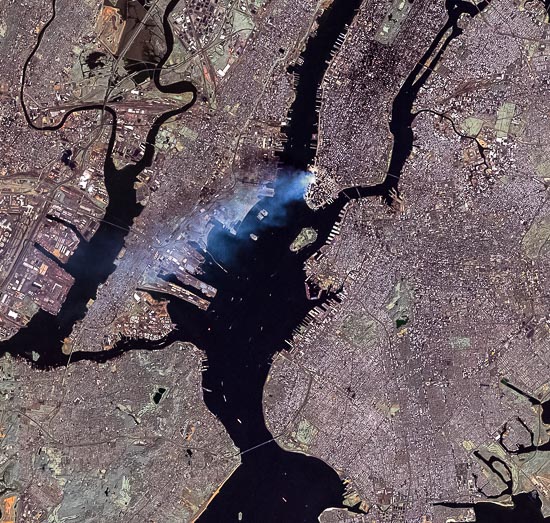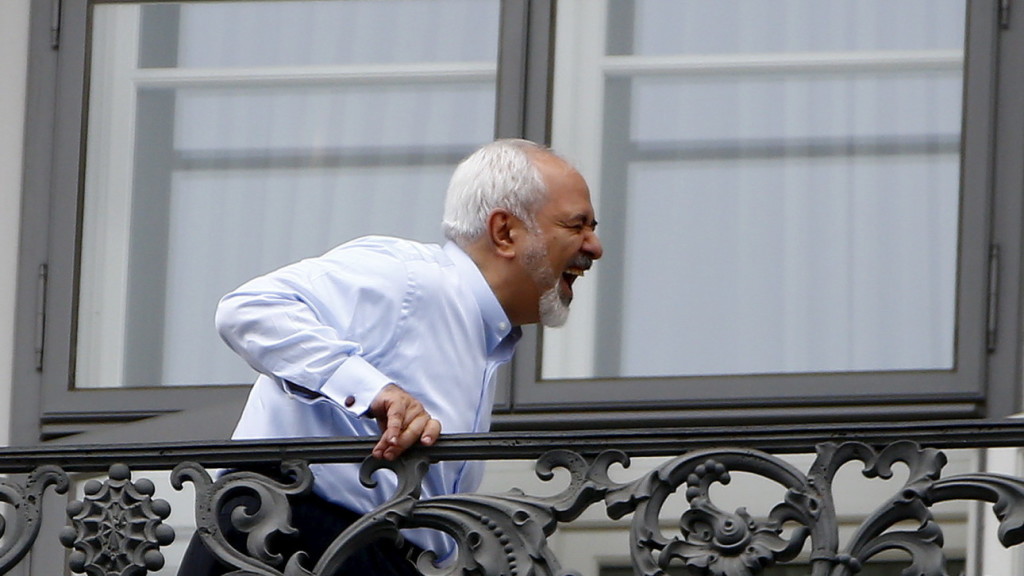Antoine de St-Exupery, writer and pioneering airmail pilot, was based for a time in the then-French-colonial territory of North Africa. He recorded his observations about the people and their culture in his essay Men of the Desert, which is one of the chapters in his book Wind, Sand and Stars. I previously excerpted part of this essay in my post the French aviators and the slave. Several recent events in which American soldiers were murdered by Afghan and Iraqi men who they thought were their comrades have again called it to mind.
Getting acquainted:
But we were not always in the air, and our idle hours were spent taming the Moors. They would come out of their forbidden regions (those regions we crossed in our flights and where they would shoot at us the whole length of our crossing), would venture to the stockade in the hope of buying loaves of sugar, cotton cloth, tea, and then would sink back again into their mystery. Whenever they turned up we would try to tame a few of them in order to establish little nuclei of friendship in the desert; thus if we were forced clown among them there would be at any rate a few who might be persuaded to sell us into slavery rather than massacre us.Now and then an influential chief came up, and him, with the approval of the Line, we would load into the plane and carry off to see something of the world. The aim was to soften their pride, for, repositories of the truth, defenders of Allah, the only God, it was more in contempt than in hatred that he and his kind murdered their prisoners.
When they met us in the region of Juby or Cisneros, they never troubled to shout abuse at us. They would merely turn away and spit; and this not by way of personal insult but out of sincere disgust at having crossed the path of a Christian. Their pride was born of the illusion of their power. Allah renders a believer invincible. Many a time a chief has said to me, pointing to his army of three hundred rifles, “Lucky it is for France that she lies more than a hundred days’ march from here.”
And so we would take them up for a little spin. Three of them even visited France in our planes. I happened to be present when they returned. I met them when they landed, went with them to their tents, and waited in infinite curiosity to hear their first words. They were of the same race as those who, having once been flown by me to the Senegal, had burst into tears at the sight of trees. What a revelation Europe must have been for them! And yet their first replies astonished me by their coolness.
“Paris? Very big.” Everything was “very big” – Paris, the Trocadero, the automobiles. What with everyone in Paris asking if the Louvre was not “very big” they had gradually learned that this was the answer that flattered us. And with a sort of, vague contempt, as if pacifying a lot of children, they would grant that the Louvre was “very big.”
These Moors took very little trouble to dissemble the freezing indifference they felt for the Eiffel Tower, the steamships, and the locomotives. They were ready to agree once and for always that we knew how to build things out of iron. We also knew how to fling a bridge from one continent to another. The plain fact was that they did not know enough to admire our technical progress. The wireless astonished them less than the telephone, since the mystery of the telephone resided in the very fact of the wire.
It took a little time for me to understand that my questions were on the wrong track. For what they thought admirable was not the locomotive, but the tree. When you think of it, a tree does possess a perfection that a locomotive cannot know. And then I remembered the Moors who had wept at the sight of trees.
Yes, France was in some sense admirable, but it was not because of those stupid things made of iron. They had seen pastures in France in which all the camels of Er-Reguibat could have grazed! There were forests in France! The French had cows, cows filled with milk! And of course my three Moors were amazed by the incredible customs of the people. “In Paris,” they said, “you walk through a crowd of a thousand people. You stare at them. And nobody carries a rifle!” But there were better things in France than this inconceivable friendliness between men. There was the circus, for example.
“Frenchwomen,” they said, “can jump standing from one galloping horse to another.”
Thereupon they would stop and reflect. “You take one Moor from each tribe,” they went on. “You take him to the circus. And nevermore will the tribes of Er-Reguibat make war on the French.” I remember my chiefs sitting among the crowding tribesmen in the opening of their tents, savoring the pleasure of reciting this new series of Arabian Nights, extolling the music halls in which naked women dance on carpets of flowers.
Here were men who had never seen a tree, a river, a rose ; who knew only through the Koran of the existence of gardens where streams run, which is their name for Paradise. In their desert, Paradise -and its beautiful captives could be won only by bitter death from an infidel’s rifle-shot, after thirty years of a miserable existence. But God had tricked them, since from the Frenchmen to whom he grants these treasures he exacts payment neither by thirst nor by death. And it was upon this that the chiefs now mused. This was why, gazing out at the Sahara surrounding their tents, at that desert with its barren promise of such thin pleasures, they let themselves go in murmured confidences.
“You know . . . the God of the French . . . He is more generous to the French than the God of the Moors is to the Moors.”
 (
(